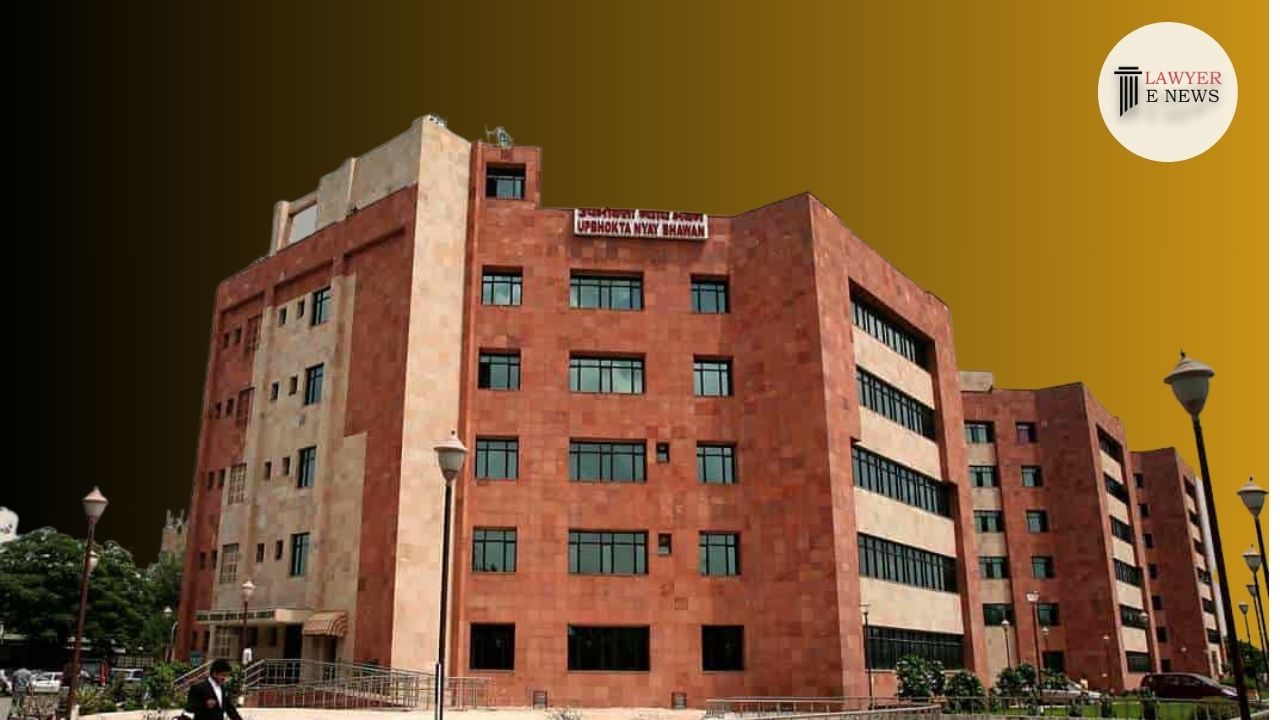-
by sayum
16 February 2026 7:15 AM



The Delhi Development Authority’s appeal challenging a 2022 order in favor of Mrs. Swatantra Chopra was dismissed due to an unexplained delay of 643 days.
In a recent ruling, the Delhi State Consumer Disputes Redressal Commission dismissed the appeal filed by the Delhi Development Authority (DDA) against an order passed by the District Consumer Commission in 2022. The Commission highlighted the importance of adhering to statutory timelines and found the DDA’s reasons for the significant delay in filing the appeal insufficient.
The case originated from a complaint filed by Mrs. Swatantra Chopra against the DDA in 2005, which was resolved in her favor by the District Consumer Disputes Redressal Commission-II (South-I), Udyog Sadan, New Delhi on July 26, 2022. The DDA, dissatisfied with the order, filed an appeal on May 29, 2024, which included a request to condone the delay of 643 days in filing.
The DDA's appeal was filed well beyond the 30-day statutory period for appeals. The appellant cited administrative delays and confusion due to parallel proceedings before the National Consumer Disputes Redressal Commission (NCDRC) as reasons for the delay. However, the Commission found these explanations unconvincing and lacking in specific details.
The Commission referred to Section 15 of the Consumer Protection Act, 1986, which mandates that appeals must be filed within 30 days of the order. Exceptions can be made only if sufficient cause for the delay is demonstrated, which was not evident in this case.
The DDA claimed that the delay was unintentional and due to bureaucratic procedures and confusion between two separate legal proceedings concerning the same property. The Commission noted that the appellant failed to provide concrete dates or specific actions taken to mitigate the delay, thereby demonstrating negligence rather than a bona fide cause.
The Commission relied on precedents from the Supreme Court, emphasizing that statutory deadlines must be respected and delays should not be condoned without compelling reasons. It cited cases such as Basawaraj and Ors. vs. The Spl. Land Acquisition Officer and Office of the Chief Post Master General and Ors. vs. Living Media India Ltd. and Ors., underscoring that delays due to bureaucratic inefficiencies are insufficient grounds for condonation.
Justice Sangita Dhingra Sehgal remarked, "The appellant has miserably failed to give any acceptable and cogent sufficient reasons to condone such delay. The law of limitation binds everybody, including the government, and should not be swirled for the benefit of a few."
The dismissal of the DDA’s appeal serves as a stern reminder of the judiciary's commitment to upholding procedural timelines. This decision reinforces the principle that statutory periods for filing appeals must be strictly adhered to, and that public authorities are equally accountable for compliance. The ruling is expected to have significant implications for future cases involving delays due to administrative or procedural inefficiencies.
Date of Decision:July 15, 2024
